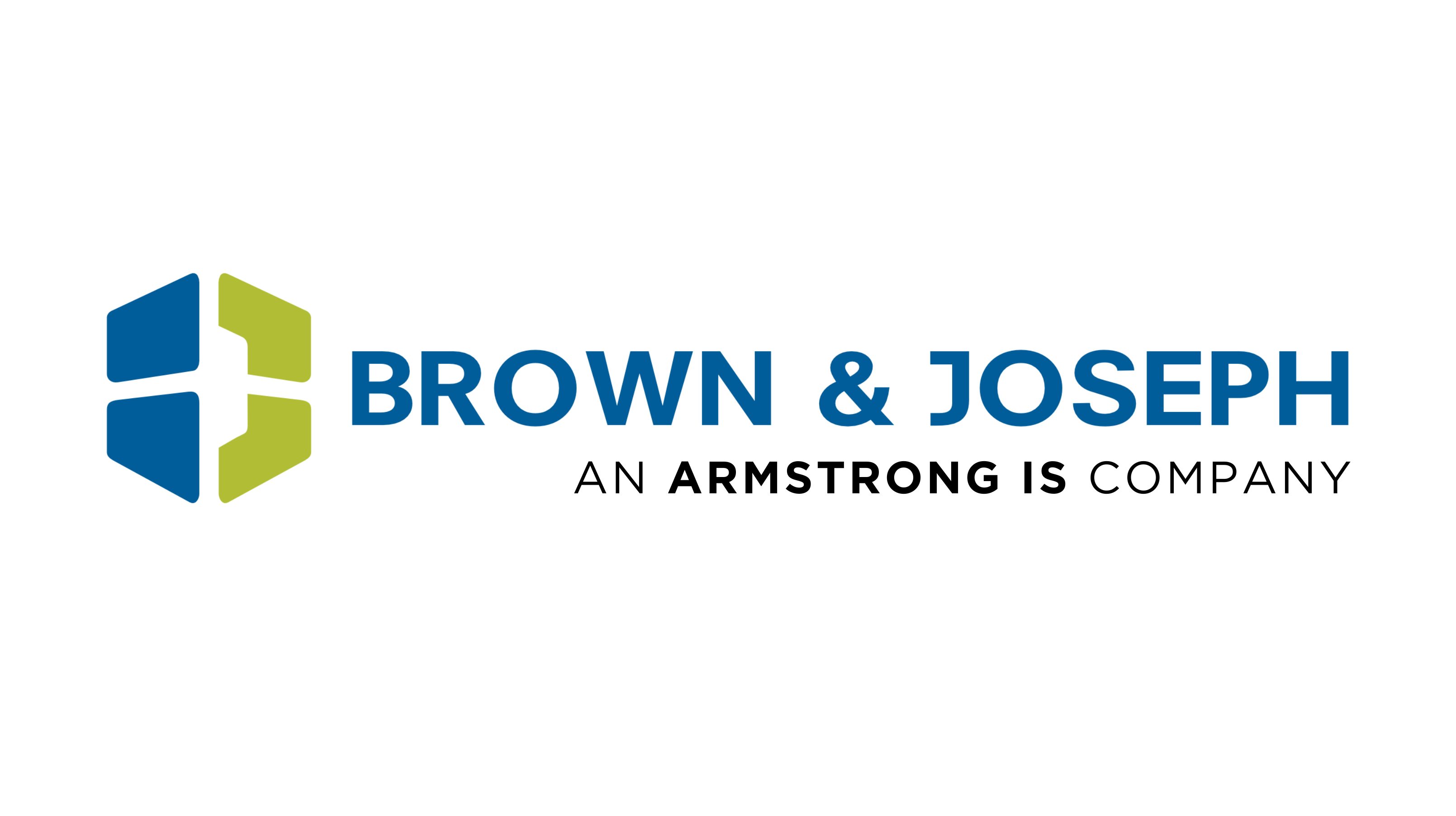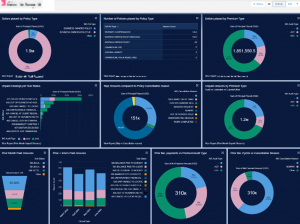Introduction
Debtor vs. collection agency or attorney, who would win the battle?
This question is faced daily by commercial debtors. It seems that over time, debt-paying decision-makers have become more educated and selective regarding payment priorities when suffering financial distress.
They constantly think about who they can slow pay and maintain a relationship, who to pay within terms and who they will not pay until forced to pay, if at all.
Having reviewed thousands of credit reports on debtor businesses, I have come to the conclusion that secured creditors get paid first, referring to those that can shut the company down and confiscate assets.
Critical vendors second, meaning vendors who supply goods or services that would have an immediate or short-term adverse effect on daily operations and sales of hot products.
Last to be paid are vendors who a debtor can do without or switch to a competitor rapidly and not miss a beat. These are typically the ones who end up in collections and many in litigation, which are the concept of our service advantage.
For years, most collection agencies have utilized a two-phase recovery process, which has been the status quo for years. This process starts with collections and then is sent off to an attorney for litigation.
Is there a better approach? The answer is YES!
Most debtors know how to beat a collection agency. Stall them and they might go away depending on the balance size. So ultimately the solution to recovering the difficult cases is a law office.
If law office collections are the solution to recovery receivables, why not select law office collections first?
The answer is the cost: attorney’s contingency fees and court costs are typically more than a collection agency. Let’s look at the pros and cons, then the costs.
The question to you is: who would you pay first if you were a debtor? A collector or a law office? Which would demand more respect and attention?
If you chose the attorney, you would be correct! Our statistics show that an attorney or law office collector calling will recover 25% more debt in half the time.
A few reasons are:
- Debtors are usually confronted by more than one collection agency from different creditors at the same time. They have to decide who to pay first and/or in what order. Debtors know that they can push off a collection agency for an extended period of time before legal actions will be considered. Then, if referred to litigation, debtors know they can stall for 90 to 120 days due to the judicial process of filing the claim and process of services and response. Urgency is not triggered. Many will wait to hear from an attorney before they offer a settlement.
- They believe their debt is too small to sue – so why pay?
- They can dispute a debt using their attorney and the collector is not adequate to handle the legal jargon thrown at them. Ultimately, it will go to an attorney or dropped if too small to sue.
What is the common denominator for the above reasons? The final disposition rests in the hand of an attorney or simply written off because it is too small to sue.
If one of the final options is placing the debt with an attorney, why not skip the collection agency process and start with the law office impact?
Here is where the cost can start to add up.
Attorneys usually demand 28% to 33 1/3% plus court costs. The value then to using a collection agency is that they can skim off the “low hanging fruit” for a lesser contingency fee and the reason why companies in the past used a collection agency first before litigation.
If both are charging the same contingency fee and getting placements at the same time, which do you think would recover more money?
Typically the debtor will pay a law office before they would pay a collection agency simply because of the perception of more immediate consequences. Simply put, a law office triggers more urgency.
Law office collections will rearrange the debtor’s payment priority and effectively move your case up the list to be paid ahead of a collection agency.
Today’s economy and more educated debtors have forced many companies to review and change collections practices. Brown & Joseph recognized this trend and formed a law office collections division solely for the purpose of collecting debt without litigation and for the same typical contingency fees charged by collections agencies.
Conclusion
We presently represent many companies nationally. With the change in the economy and our recommendation, clients have shifted cases from collection agency actions and started primary collection efforts through our law office.
The results were that all companies that placed their accounts with our law office realized an increase in the recovery percentage, faster revenue recovery by 30 days, and reduced litigation cost by 90%.





